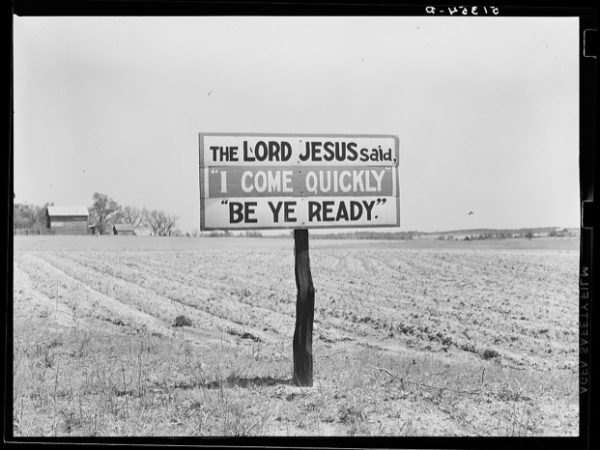
[P]romoting justice and defending human dignity need not only hinge on grand self-sacrificial gestures…. That social structures are sustained by social practices suggests that the everyday is consequential too and dispels the notion that smaller or more mundane acts are too paltry and thus powerless to effect the kind of structural change justice requires.

The Spirit is the decisive factor in any ethical and political existence that would strive for truth, for justice, and for a mode of persuasion that can challenge the world’s assumptions of what is possible without rhetorically pulverizing those who do not yet agree or pretending that we are better or wiser than we really are.

All human beings (including me) are capable of dehumanizing others. Moreover, all dehumanizers (including Jesus) can change their minds.








